Spotify recently trumpeted that it has paid out nearly $40 billion to music rights holders since its launch in 2006, an impressive number to be sure. But few in the industry were impressed. Artists certainly weren’t. In its most recent earnings report, the music streaming leader celebrated 3.17 billion Euros (about $3.4 billion) in Q4 2022 revenues and 205 million paid subscribers, representing a free-to-paid subscriber conversion number of 42% that is the envy of the entertainment business. Yet few in Wall Street are impressed. Certainly, investors aren’t. Spotify’s stock price is about one-third (1/3) it was just two years ago.
Essentially no one is happy, and here’s why. Spotify’s dirty little secret is that it’s saddled with pricing and a business model that make it improbable to make artist payments that matter and practicably impossible for it to be profitable. The company achieved its first profitable quarter in Q4 2018 – a full 12 years after launch – and has since achieved only a handful of positive quarters. The more it makes, the more it seems to lose in fact. That happened again in its latest self-described “strong” Q4 2022 quarter, where losses dwarfed those one year earlier.
At its core, Spotify’s pure-play economics simply don’t work. Its variable cost structure burdens, and its gross margins (the amount it keeps from each dollar after its costs of goods sold – here the music) are simply too thin. The streamer pays out 70% of each dollar to rights holders (record labels, publishers, distributors, performing rights organizations and collection societies). And these variable costs – which come off the top without even considering Spotify’s operational costs (employees, marketing, overhead) – show no signs of abating. In fact, they likely will get only worse over time due to understandable industry pressures. After all, artist rights holders only earn about $.005 per stream. That means 1 million streams pay out about $5,000 on the high end – and artists and composers themselves only collect a small share of that number from the rights holders.
All this means that apart from a few mega-artists, Spotify and other streamers put little food on the table. Yet, in some respects, Spotify shouldn’t be seen as the industry pariah it’s made out to be. The streamer entered the music scene with its basic price structure and monetization constraints already in place after two cataclysmic events had already disrupted and fundamentally changed music industry economics forever. The first, of course, was the original Napster (and other pirate sites of that ilk “back in the day”) that facilitated outright theft. Napster and its users essentially stole twice – both by taking money directly out of the pockets of artists and then by driving down the perception of music value to zero.
The second shoe to drop was Steve Jobs and Apple. In a music industry understandably panicked by Napster’s insidious peer-to-peer pilfering, Jobs promised to be its savior. His solution was $.99 downloads of course. Remember those? Apple essentially stripped out singles from albums to give consumers – those who agreed to pay, at least – precisely what they wanted. Usually, that was one hit song from an album of 12. Apple profited handsomely of course, “inventing” its now notorious near one-third (1/3) share of every dollar that still define the content rules of the game (which is at the core of Epic Games’ epic lawsuit against Apple).
The iPod, enabled by and coupled with Apple’s 30% “tax,” transformed the company into the $2.3 Trillion juggernaut we see today. The New York Times recently called Apple’s fees its “primary driver of growth.” Jobs’ sleight of hand essentially shifted billions of dollars away from the artists and creators and into Apple’s pockets. And with that 1-2 punch, Napster and Apple laid the foundation for today’s industry streaming economics, despite the fact that Jobs never believed streaming would amount to anything. He notoriously said this in 2003, demonstrating that he too is fallible: “The subscription model of buying music is bankrupt” and couldn’t even be saved “by the Second Coming.” He simply couldn’t conceive that consumers would jettison song “ownership” via downloads for what he called song “rental” via streaming.

In that context, Spotify launched at a price point arguably necessary to compete against the Apple core – $9.99 per month. Fast forward to today after faster broadband and processing power fueled realization of streaming’s power and potential – we have Spotify on the music side, and Netflix on the video side. Netflix doesn’t share Spotify’s variable cost structure, but it too faces similar structural challenges to its model. Undoubtedly both leading players would like to change their fundamental economics, and Spotify tried at one point. In 2014 it raised its monthly subscription from $10 to $13 to cover Apple’s 30% toll. But Apple later launched Apple Music at a conniving and predatory $10 and Spotify retreated. Perhaps not so shocking then that Spotify’s price point in the U.S. is the same today as it was when it launched in July 2011.
Consumers seem to be the only winners here. We can all now enjoy the entire world of music – over 100 billion songs – anytime, anywhere and on any device. All of this power ad-free for $9.99/month. Think about that. Unlimited listening to over 100 billion songs for just a bit less than one Starbucks coffee. It’s an incredible bargain and unmistakable value proposition. The amount pales to the joy we feel – and the blood, sweat, tears and creativity (not to mention livelihoods) of the artists behind it all.
Even so, significant numbers of consumers bristle at paying anything at all. Technology in the form of Napster and the Internet – and then Apple’s iPod and Apple Music – ultimately forever transformed the perception of music’s value. And tech’s latest disruptive force of generative artificial intelligence (AI) is likely to do the same. AI can, and already does, spit out endless streams of new songs without sleeping, eating and payment of any kind after the initial infrastructure investments have been made. Why pay for a musician to write a film score when AI can look at past scores and endlessly re-create new ones?
Faced with these sobering realities, what can artists do? First, musicians – and all creators – should simply learn, understand and internalize these new threats and realities. Second, they should acknowledge that those forces are here to stay and cannot simply be sued out of existence (which was the preferred method of the RIAA when first faced with piracy). Third, rather than fight new tech and transformed economic realities, artists should learn to leverage new tech as best they can to empower new possibilities. Yes, technology certainly threatens. But technology also can empower and open new doors of possibilities.
Streaming, at least theoretically, enables musicians to build a global audience and community with deeper ongoing engagement. Yes, the streamers themselves add only pennies to the bottom line. But artists now have new tools to deploy to reach out and monetize their fans, and it only takes small numbers to drive bigger numbers. This is the famous “1,000 True Fan Theory” that describes the monetizing power of fandom, even at small numbers. If those superfans pay only $100 each year to support their favorite artist, that’s $100K right there. I’m not saying it’s easy, but this is the creative community’s reality. Web3 and NFTs hold tantalizing promise here, as I’ve written several times in TheWrap.
Let’s go back to what many still consider the villain in this story, Spotify. Faced with its daunting realities, sure it could finally raise its monthly pricing. But price hikes certainly come with their own risks and likely would scare off large numbers of users (many of whom may go back to theft).
The more obvious answer is that Spotify ultimately must sell. Try as it has, the streamer has yet to significantly monetize anything other than the music itself. And pure-play business models in the world of content – including Netflix on the video side – simply can’t compete against Big Tech competitors Google/YouTube (the biggest music service in the world by far), Apple and Amazon. All of those behemoths use content as marketing. YouTube drives more Google ad revenues, Apple drives more sales of iPhones and Macs, and Amazon drives more commerce.
Only an acquisition of Spotify will make investors happy. But even then, artists understandably won’t be. Maybe the industry needs to take a harder look at Apple.
This article originally appeared in Peter Csathy’s Fearless Media Newsletter.
Peter Csathy is a media, entertainment & tech expert, business advisor, Harvard Law-educated lawyer & journalist. Currently he is the Founder and Chairman of Creative Media, a boutique media, entertainment, music and tech business advisory and legal services firm.




























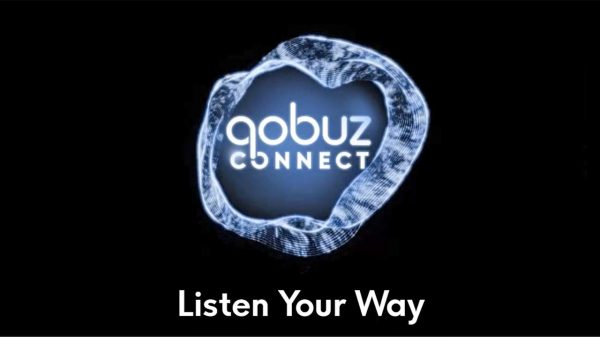



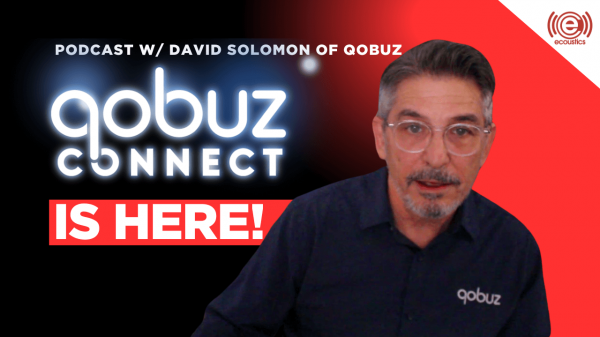
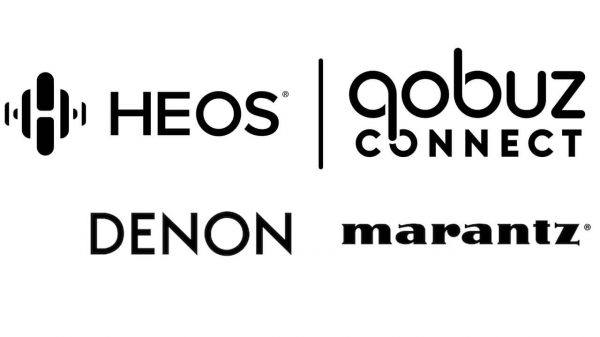



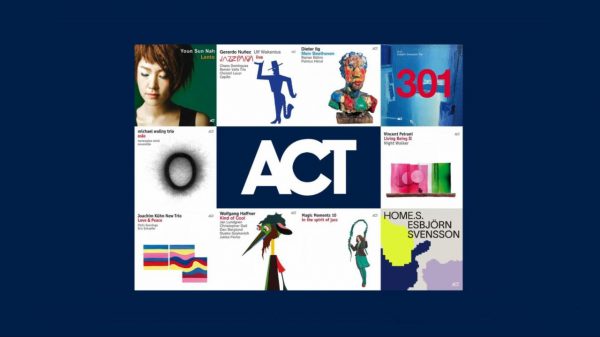

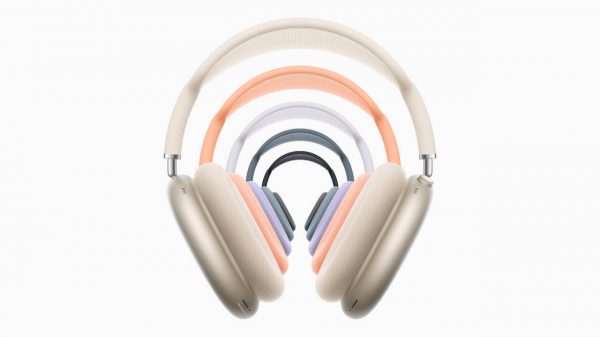












ORT
March 23, 2023 at 2:39 pm
This article, which I enjoyed, brings to mind something I have long wanted to ax:
Does the music industry pay out revenue (such as it is) to “artists” whose “music” is never or really rarely played? This is the same sort of thing about Cable-TV that bothers me. They include a bunch of crap that I will NEVER view and tell me it is because “smaller venues” will die without us being farce-fed their profferings. Well…Maybe they should die.
I could care less about CMT, BET, the Bollywood Channel, Hallmark, CNN (FTN) and pretty much all sports but I am in the minority when it comes to mindless brofessional afletes showering us (golden?) with their egos.
Of late, “award” shows have lost their allure (thank the Buddha!) and should be deleted from the airwaves. I know of one person that watches “The Weiners” (my term for “The Oscars”- think about it, it’ll come to you). That is it. The only reason to watch the Golden Showers award is the joy of watching Ricky Gervais piss on and subsequently piss off the Hollyweird Hebrews (i.e., NOT real Jewish people but rather “Jewish” in name only!) and their dangling darlings, e.g., “their posse” aka – their hanger-on-nuts.
Drop all awards. Even the stooopid Grammys which have become as fetid as a certain presidential poopers pants. How do record companies even make money as outside of me I personally know of no one that actually buys records and CDs?
So then, perhaps you know the answer? Where does the moolah go? Is it spread thin across the Musical pUniverse so that all “share” it all? Are the top acts fair with their bottom-buddies? Did I actually just write that? Yup. And it is bitingly true too, LOL!
And speaking of “fair”?
Life ain’t “fair”. Fair is where you buy cotton candy and caramel apples then ride the Tilt-A-Hurl ’til you barf it all up so that you are hungry again for more treats.
Thus endeth the toadish lesson for today. I am serious in that I want to know if real (i.e., nothing poopular today) talent is being FARCED into FAIRNESS.
ORT Swift
Dennis
March 23, 2023 at 4:37 pm
@ORT, Something of a bigoted and off-topic post. Ecoustics should do you a favor and delete it.
Ian White
March 23, 2023 at 6:36 pm
Dennis,
As an Orthodox Jew, I should probably be offended, but I’m not. I also know ORT personally and he’s the furthest thing from an antiSemite.
I sorta agree with his assessment of the Hollywood “Jews” who only speak up when it’s fashionable.
Best,
Ian White
ORT
March 23, 2023 at 7:11 pm
Dennins- Your name comes from Dionysus and I do not drink alcohol. You should change your name for it some how offends me. Not. I am an adult.
I am Cashew (Catholic/Jew) and on top of that I am like Jonathan Swift and Oscar Wilde for I possess that elusive sixth sense, HUMOR. My observations on the topic were decidedly on-topic you just feign offense or as I call it, you were “broffended”. Apparently reading comprehension cannot get past your wokeness genes.
One of my relatives is a voice actor and I have always been in favor of artist being paid for their work. Probably for longer than you have been alive. Your dust is shaken.
Not stirred.
ORT
Destin Skye
March 24, 2023 at 9:55 pm
YouTube and Google are both owned by The Alphabet Company, which is a billionaire’s holding company. So, it’s no longer actually true that Google owns YouTube since they are now both subsidiaries of Alphabet, Inc., their parent holding company. Look up Sunar Pichai, you’ll see his job titles are Alphabet CEO and also is CEO of “subsidiary Google”. It has been that way since 2015 and nobody seems to know.
As to the article topic, Spotify should be shut down and banned from the face of the Earth for the way in which it both disparages artists and rips them off. Same with Apple, same with YouTube, same with Amazon Music. The Artists should have 100% control over their music and their revenue. The music industry has been dead for 30 years, record companies don’t exist anymore except in the figments of the minds of crazy old men. Remember MP3.com back in the day? They were the only ones who did it right. All they did was create a place for artists to sell themselves. The artists were in control of everything and got 100% of the revenue. Sure, there was a small fee for their place on the site, but beyond that service fee the rest of the money went straight to the artist. Look up the German gothic band Xandria. They got huge doing stuff like that and had a worldwide following before they ever signed onto any traditional music publisher.
Ewan Hussami
April 3, 2023 at 5:18 pm
interesting article but the comment “and artists and composers themselves only collect a small share of that number from the rights holders” is misleading:
1) Composers on average will be paid 80% of the royalties due. Publishing deals ()for composers’ rights owners) and record deals (for artists) are very different.
2) When artists are on a deal that gives them a “small share” they have most likely been given an advance and financial support from a big label – most won’t recoup and so won’t see any royalties at all. That is a problem of the industry.
3) More and more artists are going independent, so keeping the vast majority of their income due. This is also forcing companies to offer a higher royalty in their deals – this will only continue. Many independents operate on a 50/50 split.
The problems are far more to do with the amount of recipients of that 40 billion, the payout and promotional control that still heavily favour the superstar artists. Furthermore: streaming favours old catalogue much more than physical, so new artists have to compete with not only the 100,000 new tracks uploaded every day, but the vast catalogue of classics.